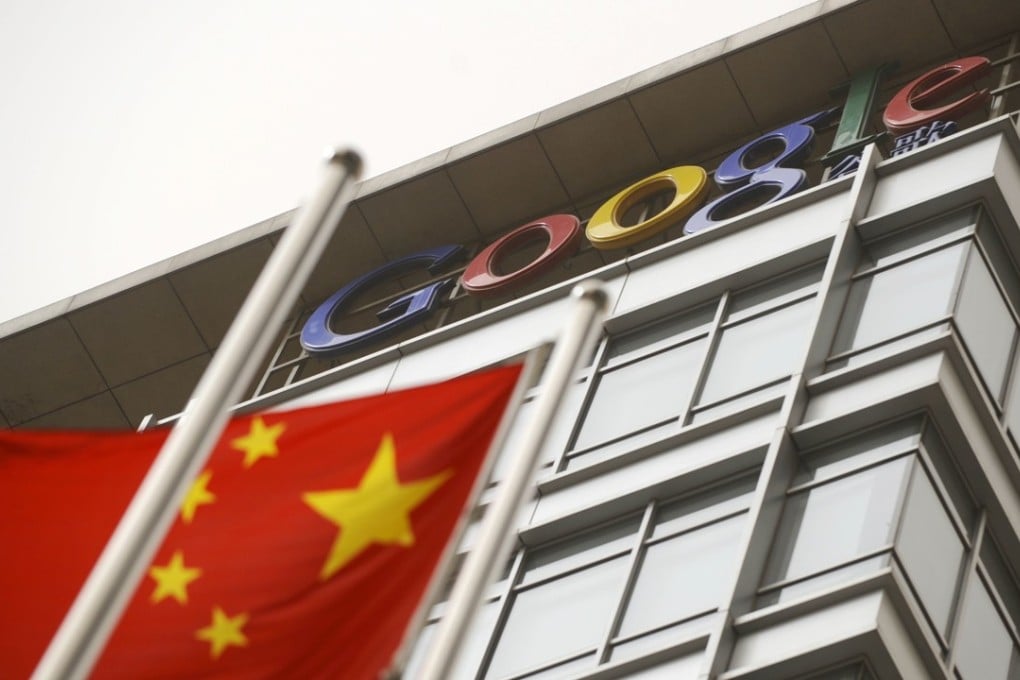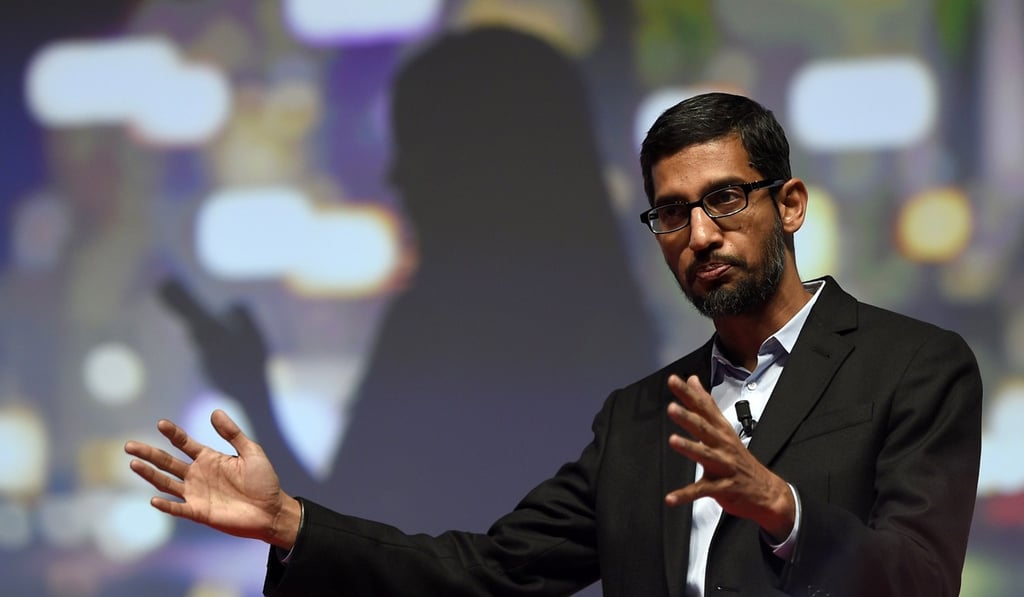Ask Google? How to win in China ... without being evil
Greed is not the only thing driving the Silicon Valley giant’s foray into the Middle Kingdom. China’s vast market and next generation talent could be key to developing the technology of the future. Time for a Faustian pact?

The Silicon Valley start-up that conquered web search, mastered online advertising and built a self-driving car now faces a challenge it may not be able to solve: how to win in China without losing its soul.
But in its mission to “organise the world’s information and make it universally accessible,” Google has had minimal impact in the largest market on earth: mainland China and its nearly 800 million internet users.
All the tools – and weapons – China can use for global tech dominance

Under CEO Sundar Pichai, Google is going after China head on, albeit with a typical Googley mix of secrecy and intrigue. According to media reports that draw on confidential internal documents, the company is now developing a search engine and news aggregation app that will comply with the Chinese regime’s strict censorship laws. The closely guarded project, code-named Dragonfly, adds to recent moves Pichai has made towards China including the creation of an artificial intelligence lab in Beijing, investments in Chinese companies, and meetings with top Communist Party officials.
Internal Google message boards reveal that some employees feel stung by Dragonfly; several have transferred to other roles or quit rather than work on the project, which they view as a “censorship engine” and a betrayal of the company’s ethics. Other employees noted, however, that boycotting China did little to change the situation.
